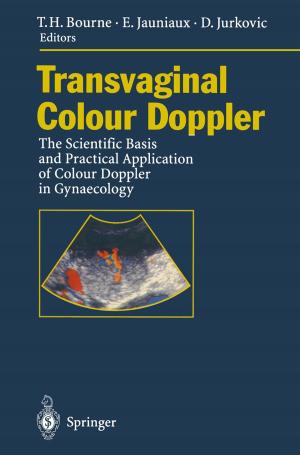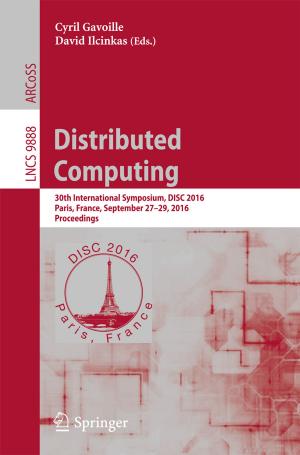Small Satellite Missions for Earth Observation
New Developments and Trends
Nonfiction, Science & Nature, Technology, Remote Sensing, Science, Physics, Astrophysics & Space Science| Author: | ISBN: | 9783642035012 | |
| Publisher: | Springer Berlin Heidelberg | Publication: | January 23, 2010 |
| Imprint: | Springer | Language: | English |
| Author: | |
| ISBN: | 9783642035012 |
| Publisher: | Springer Berlin Heidelberg |
| Publication: | January 23, 2010 |
| Imprint: | Springer |
| Language: | English |
This book was compiled from contributions given at the 7th IAA Symposium on Small Satellites for Earth Observation, May 4–8, 2009, Berlin (IAA – International Academy of Astronautics). From the 15 sessions for oral presentations and two poster sessions, 52 contributions were selected which are representative for the new developments and trends in the area of small satellites for Earth observation. They re ect the potentials of a diversity of missions and related technologies. This may be based on national projects or international co-operations, single satellites of constellations, pico-, nano-, micro- or mini-satellites, developed by companies, research institutions or agencies. The main focus is on new missions to monitor our Earth’s resources (Part I), and the environment in which our Earth is emb- ded (Part II). Part III deals with distributed space systems, a unique feature of small satellites and in most cases impractical to do with large satellites. Here we concentrate on constellations of satellites with focus on future missions relying on co-operating satellites. For all the new developments and projects we need well e- cated specialists coming from the universities. Many universities included already the development and implementation of small satellites in their curriculum. The u- versity satellites chapter (Part IV) shows the high quality which is already reached by some of the universities worldwide.
This book was compiled from contributions given at the 7th IAA Symposium on Small Satellites for Earth Observation, May 4–8, 2009, Berlin (IAA – International Academy of Astronautics). From the 15 sessions for oral presentations and two poster sessions, 52 contributions were selected which are representative for the new developments and trends in the area of small satellites for Earth observation. They re ect the potentials of a diversity of missions and related technologies. This may be based on national projects or international co-operations, single satellites of constellations, pico-, nano-, micro- or mini-satellites, developed by companies, research institutions or agencies. The main focus is on new missions to monitor our Earth’s resources (Part I), and the environment in which our Earth is emb- ded (Part II). Part III deals with distributed space systems, a unique feature of small satellites and in most cases impractical to do with large satellites. Here we concentrate on constellations of satellites with focus on future missions relying on co-operating satellites. For all the new developments and projects we need well e- cated specialists coming from the universities. Many universities included already the development and implementation of small satellites in their curriculum. The u- versity satellites chapter (Part IV) shows the high quality which is already reached by some of the universities worldwide.















